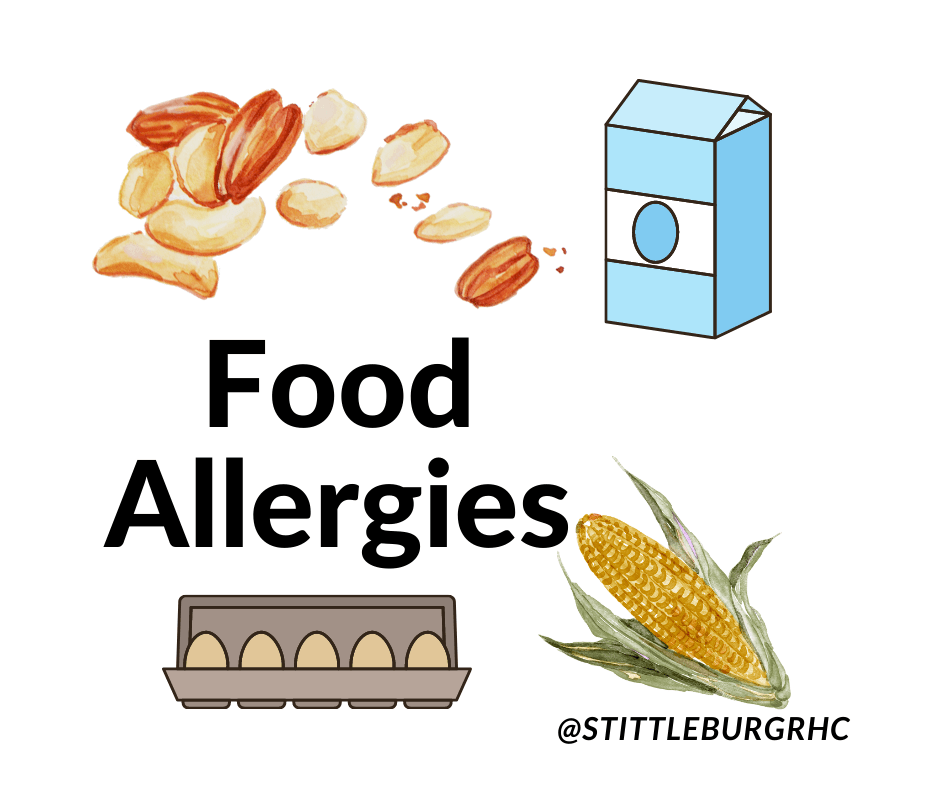Let's talk acetaminophen!
Let's talk acetaminophen!
Let's Talk Truth With Dr. Taryn!
Let's Talk About Acetaminophen!
This is an incredibly hot topic and I’ve been waiting to blog about it. There is going to be a ton of science, buckle up! Acetaminophen is the most common drug ingredient in America. Did you know acetaminophen overdose is one of the most common poisonings? There are more than 600 medications that contain acetaminophen as an active ingredient, this includes over-the-counter (OTC) and prescription (Rx) medicines. Here are some common medications that have acetaminophen:
- Tylenol®
- Sudafed®
- DayQuil®
- Theraflu®
- Midol®
- Vicks®
- Alka-Seltzer Plus®
- Oxycodone®
- Vicodin®
- Fioricet®
- Butalbital®
“Tylenol can’t be
that
bad for me if I can buy it over the counter, right?” WRONG. A study done by John P. Forman, M.D., a clinical fellow at Brigham and Women's Hospital, found that women between the ages of 51 to 77 who took more than 500 mg of acetaminophen daily had a
93% increased risk of hypertension (high blood pressure)! It also revealed that women between the ages of 34 to 53, who took more than 500 mg of acetaminophen daily, had
double the hypertension risk compared to non-users.
Taking 1,000 capsules of Tylenol in a lifetime doubles the risk of end stage renal disease.
(New England Journal of Medicine, 1994) Let me put that into perspective, if you take two Tylenol, three times a week, after a year you’re almost a third of the way to 1,000 capsules.
The Beasley Study published in 2011, assessing a total of 322,959 adolescent children from 113 centers in 50 countries, shows astonishing statistics:
- A 46% increased risk of asthma at ages 6-7 years in kids who received acetaminophen for fever in their first year of life
- A 48% increased risk of runny nose and red, itchy eyes at ages 6-7 in kids who received acetaminophen for fever in their first year of life
- A 35% increased risk of eczema at ages 6-7 in kids who received acetaminophen for fever in their first year of life
- 22% of severe childhood asthma is linked to acetaminophen use during the first year of life
- 38% of severe childhood asthma is linked to acetaminophen use later in childhood
Why is this? The study found that
acetaminophen depletes glutathione which can eventually lead to blood vessel damage. Glutathione is very powerful antioxidant, arguably the most powerful, in the body. It protects the body against free radical damage and is critical in the body’s detoxification process. Basically, it’s an essential component to the body's natural defense system. It can be found in virtually every cell in the body-
that’s 30 to 40 trillion cells. Fun fact: Google calculates Pi to 30 trillion digits on its Cloud (my high school math teacher is going to appreciate that).
Glutathione is composed of three amino acids- glycine, cystine, and glutamate. Let’s break these down:
- Glycine aids in collagen formation, making up around 35 percent of the collagen in the human body. It also helps regulate nerve impulses in the central nervous system (CNS), mainly those of the spinal cord, retina, and the brainstem.
- Cystine is one of the few amino acids that contains sulfur. Sulfur can be called a superhero of the body, working as a potent antioxidant, protecting your cells from damage.
- Glutamate is the most abundant excitatory neurotransmitter in our brain and central nervous system (CNS). Neurological disorders like: Amyotrophic Lateral Sclerosis (ALS), Alzheimer Disease, Stroke/Ischemia, and Epilepsy have been associated with glutamate deficiency.
Since glutathione is composed of glycine, cystine, and glutamate- this means acetaminophen DEPLETES ALL FOUR of these critically important amino acids. (I didn’t even get into the negative domino effect that continues, in our body’s biochemistry, with the decrease of these four amino acids.)
- The highest concentration of glutathione is found in the liver. Some refer to the liver as the glutathione reservoir. The liver is our primary detoxification organ. Depletion of glutathione has been correlated with lower immune function and increased vulnerability to infection due to the liver's reduced ability to detoxify.
Low glutathione is a risk factor for many chronic diseases and is associated with:
- Reduced antioxidant capacity, increased risk of oxidative damage and chronic illness
- Reduced ability to detoxify environmental toxins and metabolic byproducts
- Compromised gut lining, altered immunity, and reduced exercise endurance
- Reduced S-Adenosyl Methionine (SAMe) synthesis and methylation (SAMe helps produce and regulate hormones and maintain cell membranes.)
With every medication there are pros and there are cons, it’s up to you as the consumer to weigh these out. There truly is a time and place, a need and want, for everything. If acetaminophen is something you or your family takes regularly and you want to find an alternative, please contact Stittleburg Restorative Health Care for more information! The body was made to heal itself, damage done by acetaminophen can be helped, it’s not too late.
Let's get back to health,
Dr. Taryn
References:
Beasley, Richard W., et al. “Acetaminophen Use and Risk of Asthma, Rhinoconjunctivitis, and Eczema in Adolescents.”
American Journal of Respiratory and Critical Care Medicine, vol. 183, no. 2, 2011, pp. 171–178.
Forman JP, Stampfer MJ, Curhan GC. Non-Narcotic Analgesic Dose and Risk of Incident Hypertension in US Women. Hypertension. 2005 Aug 15











Share On: